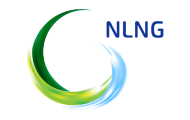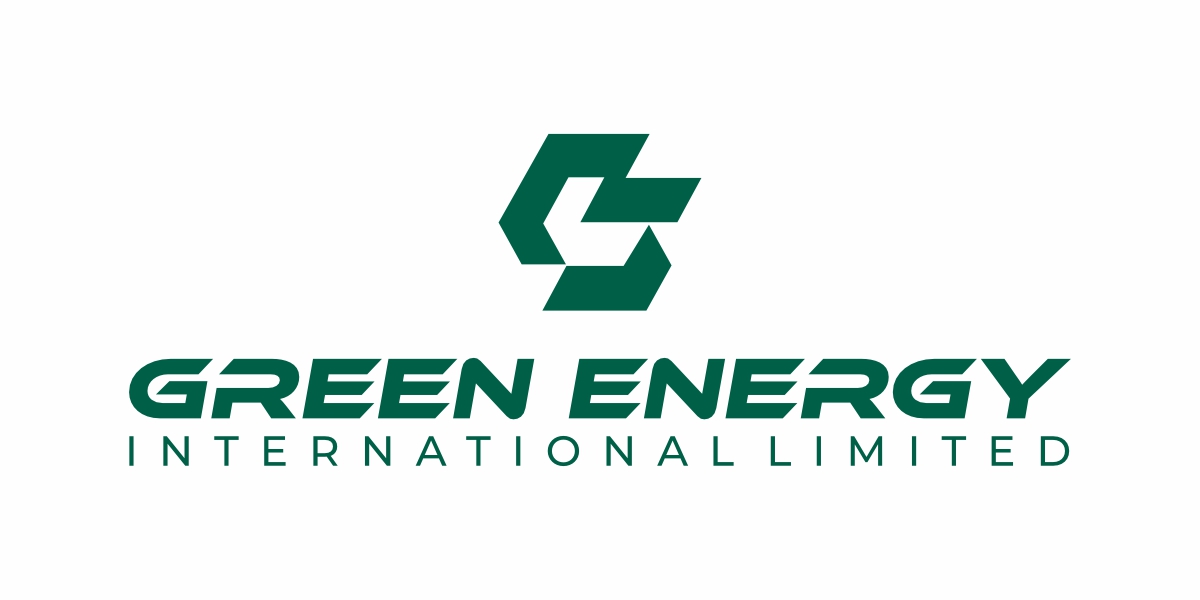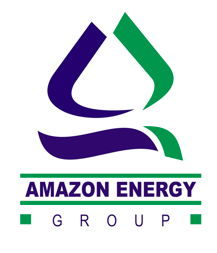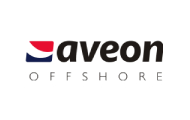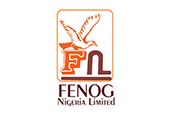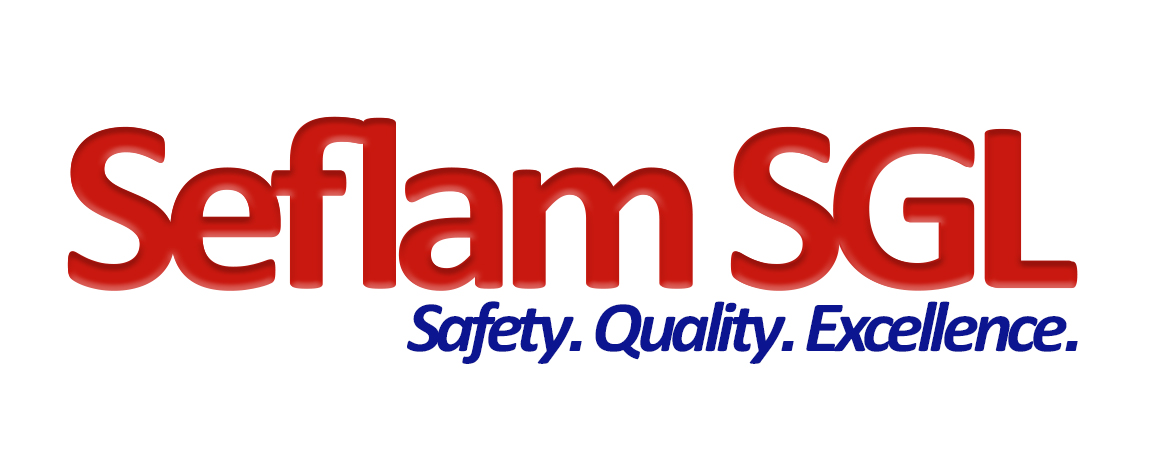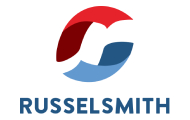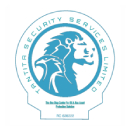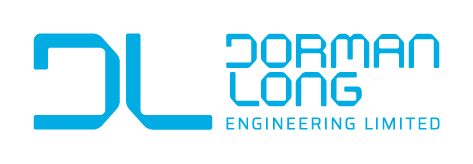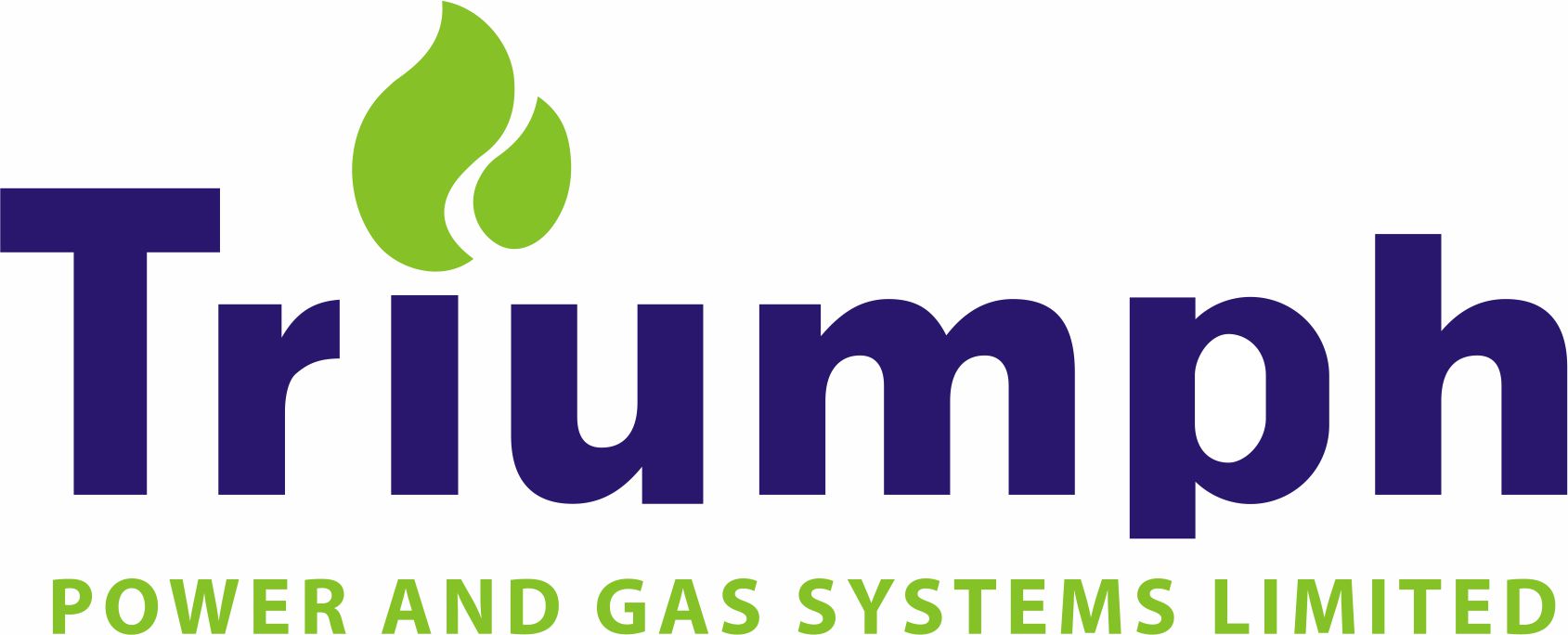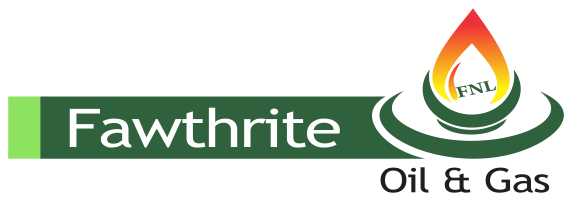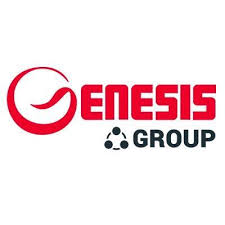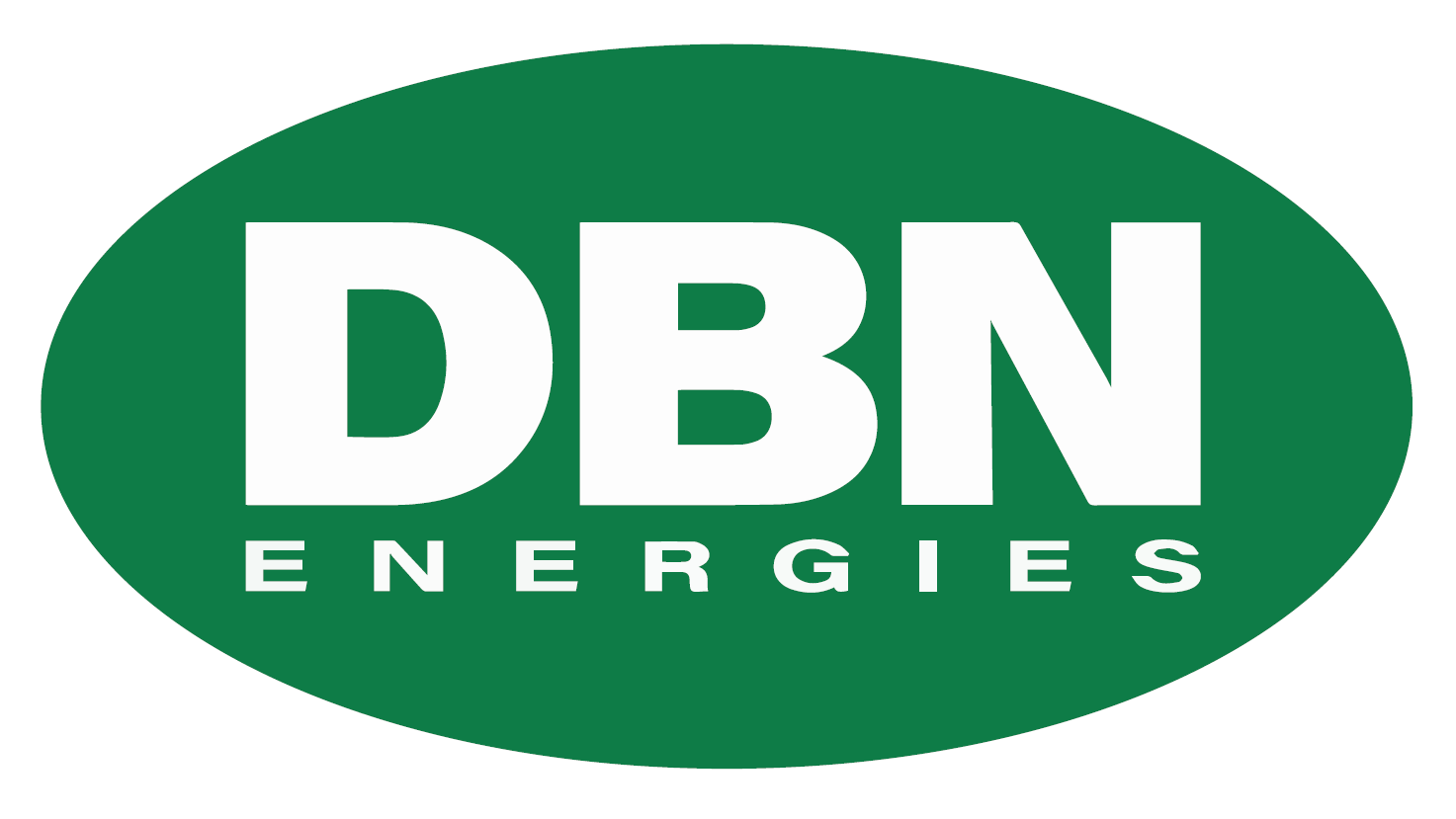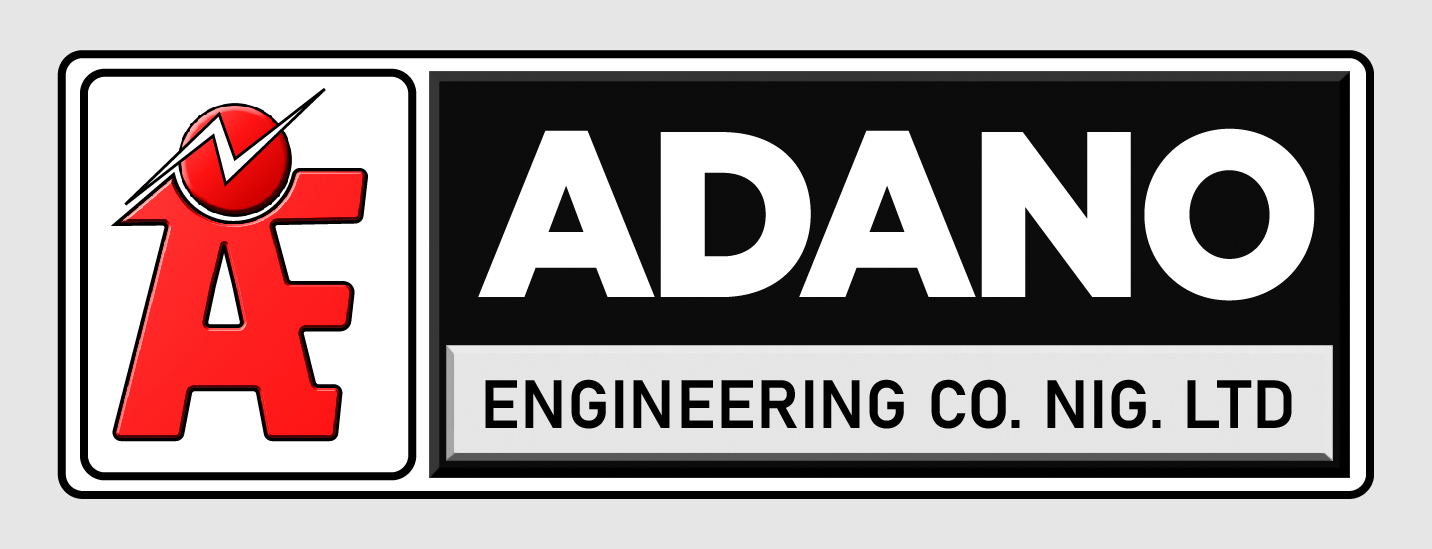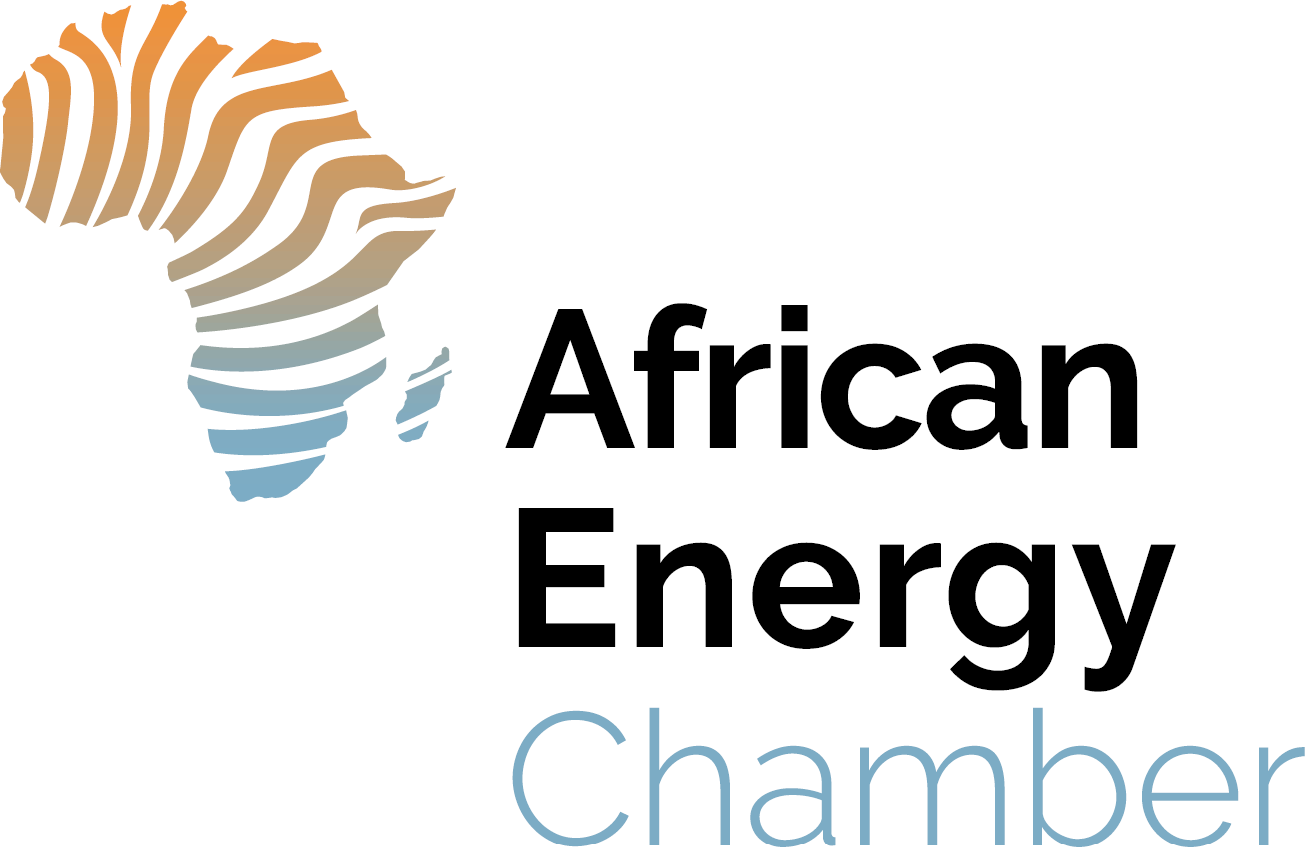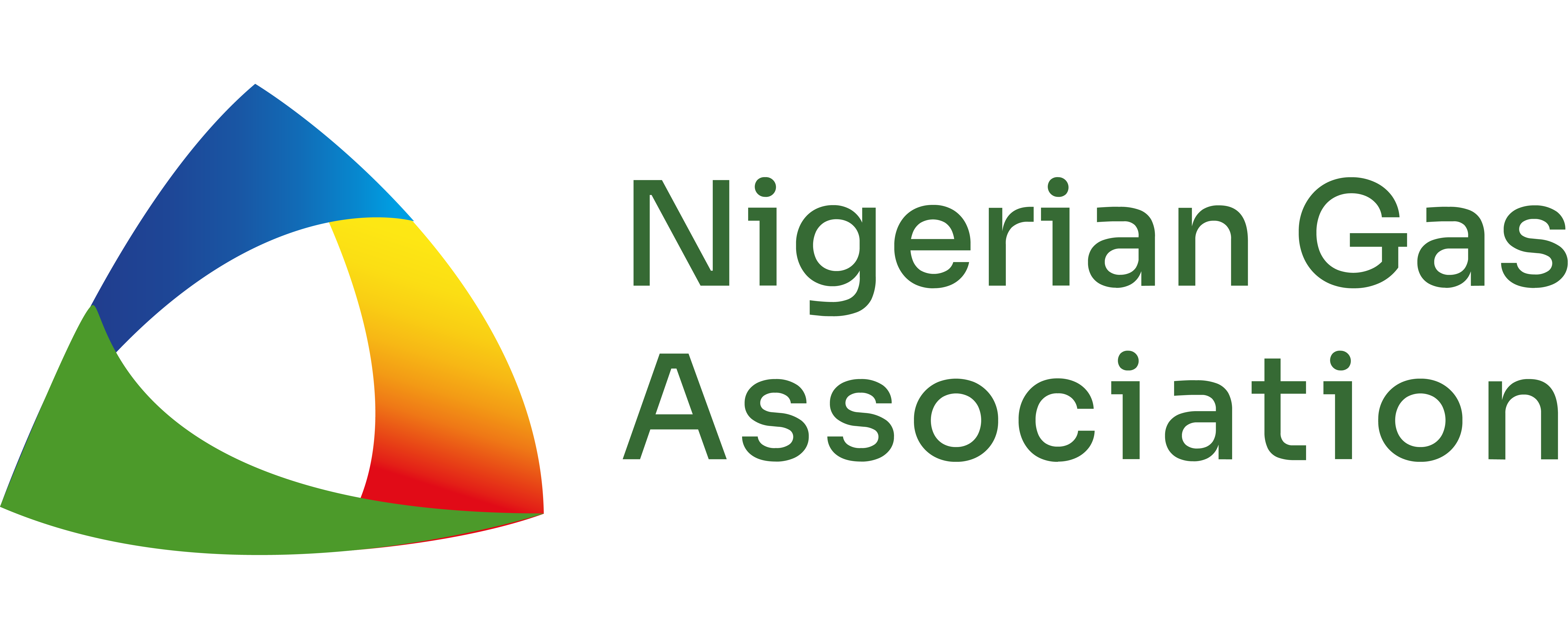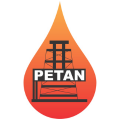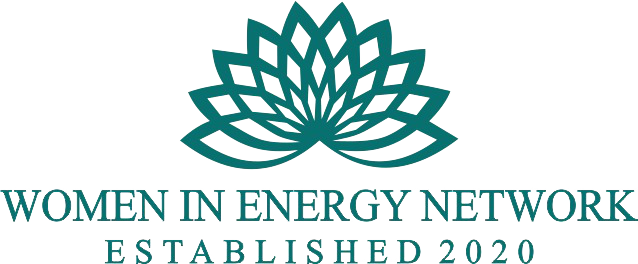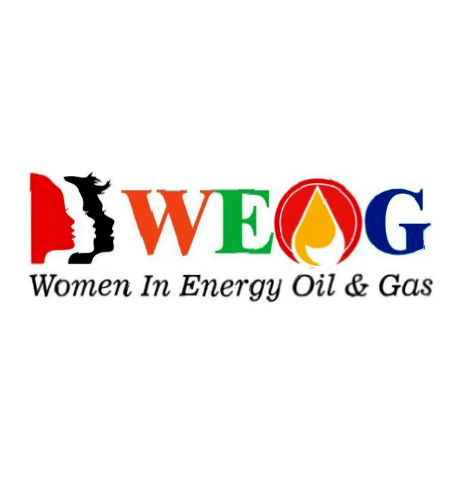Mr Niyi Adebayo, Minister of Industry, Trade and Investment, says the recent increase in the price of petrol, diesel and aviation fuel have adversely affected businesses in Nigeria.
Adebayo made this known while speaking at the Nigerian Content seminar during the 2022 Nigerian Oil and Gas (NOG) conference on Tuesday in Abuja.
The News Agency of Nigeria (NAN) reports that the session had the theme: “Expanding the Nigerian Content Frontier through Intra-African Trade.”
He said the impact of the COVID-19 pandemic and the global energy transition to cleaner sources of energy had made it imperative for stakeholders to develop new strategies that would aid the sustainable growth of the oil and gas industry.
Adebayo said: “As you know, the recent increase in the price of petrol, diesel and even aviation fuel has adversely affected businesses in Nigeria.
“Micro, Small and Medium Enterprises (MSMEs) continue to depend on gasoline as usual for their businesses to survive even as larger companies try to diversify into gas and greener energy.
“Given that we have an estimated 40 million MSMEs in the country, you can see clearly that there is indeed a need for the conversation to continue.”
According to him, the enactment of the Petroleum Industry Act (PIA) has provided the needed clarity that will spur investment, particularly in development of Nigeria’s abundant gas resources.
“The Federal Government of Nigeria has declared this decade as the decade for gas exploration and production as it intends to harness the country’s gas potential.
“We believe that this is an important step toward making gas an alternative source of energy in the country and the Act will serve as a catalyst for the development of the sector.
“As you are also aware, the Federal Government is intently encouraging investments into the gas sector.
“This is demonstrated by the number of incentives provided to the industry. In fact, the gas sub sector is one of the most incentivised in Nigeria.
“This includes accelerated capital allowance, tax free dividend, graduated royalty rate, investment tax credits, allowances, and much more,” he said.
Adebayo said the government was also ready to collaborate with investors to accelerate the diversification of Nigeria’s economy.
He said: “We are open to collaborating with investors to improve domestic production of some of our priority products, particularly oil palm and cassava starch.
“There is a market opportunity of about a billion dollars in oil palm production and its derivatives.
“We are also the largest producer of cassava in the world. Yes, currently, we import over 95 per cent of the starch we use. We estimate the market opportunity of about $290 million for industrial starch production.”
Adebayo said the government was also dedicated to improving the country’s manufacturing and production capacity with the creation of operational special economic zones and industrial parks.
He said out of the existing 17 economic zones, 14 were involved in food processing, large scale manufacturing, warehousing, logistics services, tourism and technology development while three were dedicated to oil and gas related activities.
The minister, therefore urged investors to take advantage of the incentives provided by the government to attract more investment to Nigeria.
He said: “Nigeria has one of the most promising pools of growth in Africa and is an exceptional diversifier for any investment portfolio due to its rapid growth rate and high levels of political stability.
“In fact, PwC had projected that Nigeria will be among the top economies in the world by 2050 with projected Gross Domestic Product of four trillion dollars, surpassing South Korea, Canada and Saudi Arabia.”(NAN) (www.nannews.ng)








